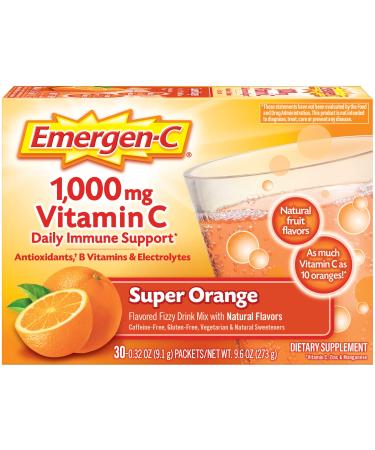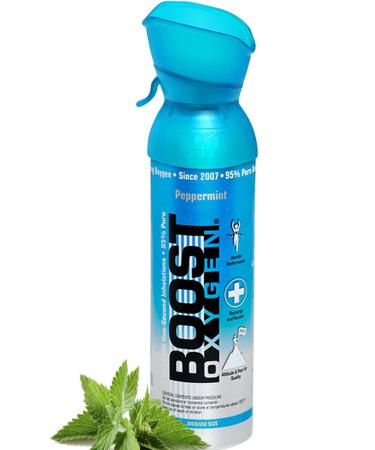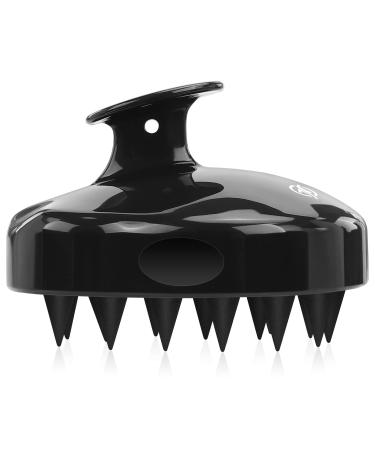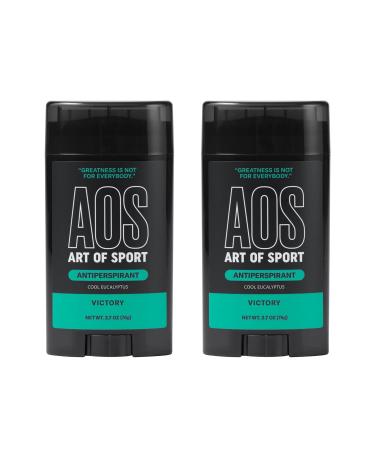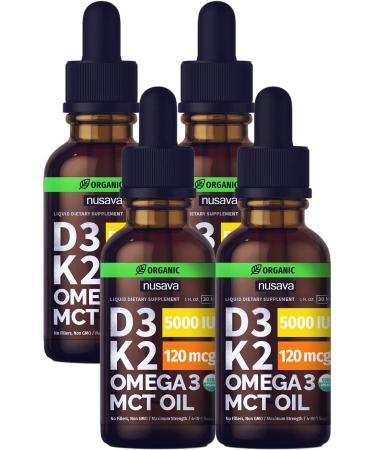
Since 2000, Shea Terra has been on a quest for natural beauty wisdom throughout Africa, exploring remote villages, trekking through miles of desert on camel back, and sailing into the depths of Nubia. Our journey has allowed us to tap into a wealth of indigenous knowledge and share these remote beauty secrets with the world. Through our diverse line of skin and hair care products, you can embark on this journey of beauty wisdom with us.
The Cold Pressed Method Preserves Potency
Please be aware that our 100% pure, cold-pressed extra virgin oils are not the same as infused oils or essential oils. Distillation is commonly used to derive essential oils from most plants: flowers, trees, vegetables and nuts. The distillation process involves high temperatures, as well as steam and water or a combination of both. For example, plants are sealed in a specialized still as water and/or steam is forced inside. The pressure squeezes out the oil, which is then condensed and collected.
Unlike essential oil, which is distilled from the seed, our cold-pressed extra virgin oil is the whole, complete oil cold pressed from the seed. The seeds for our oil are wild harvested by local inhabitants and sent to the mill for pressing before being sent by air to Shea Terra in its most desired virgin state. This method preserves the fragile vitamins and phytonutrients of the plant. Our oil is not pressed by hand until we order it, it's also not refined or deodorized so it has a unique, natural aroma.
The first step to extracting oil is to ground the seeds or nuts into a paste. The paste is then mixed in an effort to make the oils better coagulate. In the cold pressed method, oil extraction relies solely on the pressure. No heat is added to the paste. This differs from heated oil extraction methods, which involve heating the paste. Adding heat to the paste increase the amount of oil produced, but the heating process degrades the quality of the oil. Oil created through heating sometimes loses its color, as well. Cold pressing usually produces lower yield, but higher quality oil. That's why we prefer the using the cold pressed method for our oils.
Is Your Argan Oil the Real Deal
Since high-quality argan oil is costly to source and produce, requiring hours of labor, there are lots of imitation or inferior argan oil out there. If you're paying little for your argan oil, you are probably not getting pure, high-quality argan oil.
Argan oil is commonly diluted with oils such as sunflower. Some "argan" oils have been found to not contain any argan oil at all. Argan oil is often diluted by producers in Morocco or by middlemensomewhere between the sale of the oil and the bottling process. Our 100% pure argan oil can be used to determine the authenticity of the texture, feel and smell of argan oil of other brands.
100% pure argan oil has a natural aroma that can smell sour or nutty depending on the time of year it's pressed. Argan oil that has NO smell is often NOT argan oil at all. If it is, it has been highly heated, refined and deodorized, which denatures the oil and decreases its vitamin content. Argan oil that smells like toast most likely has been roasted, which is great for eating but not for cosmetic use.
Practically all argan oil, except ours, is produced from nuts gathered along the ocean shore of Morocco, since that's a well-established trade route for argan oil. Unfortunately, the high salt content in this region produces inferior fruits. The trees that bare our argan oil grow high in the Atlas Mountains where the fruits grow large and healthy. It has been shown that argan oil produced from the fruits in this area is much higher in vitamin E than the oil produced from the fruits along the coast.



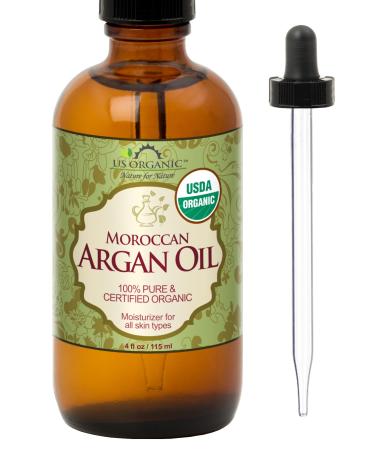
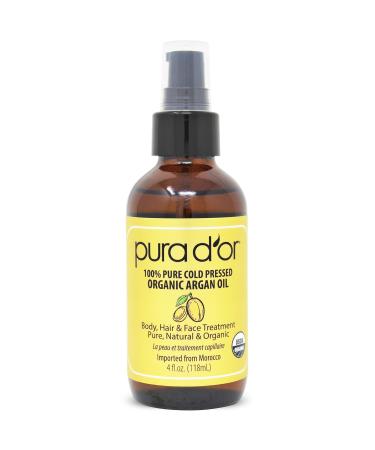
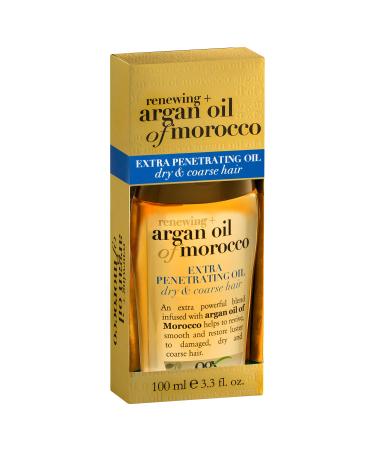

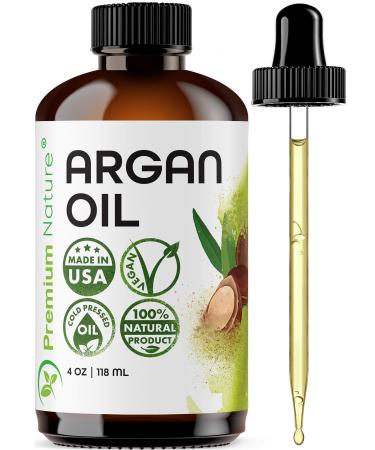
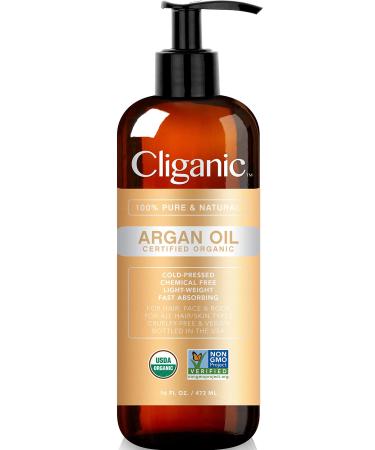

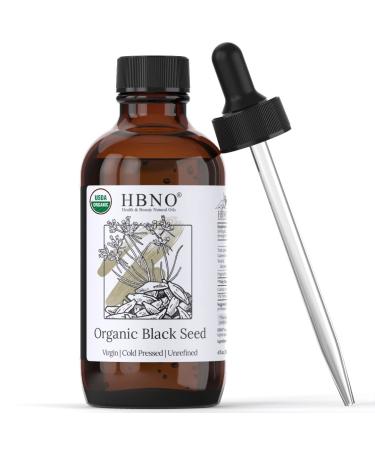


![Stewart Freeze Dried Dog Treats Made in USA [Single Ingredient Puppy and Dog Training Treats - Grain Free Natural Dog Treats] Resealable Tub to Preserve Freshness - Buy Online on GoSupps.com](https://www.gosupps.com/media/catalog/product/cache/25/small_image/375x450/9df78eab33525d08d6e5fb8d27136e95/6/1/61gwbbixarl._ac_sl1500_.jpg)
